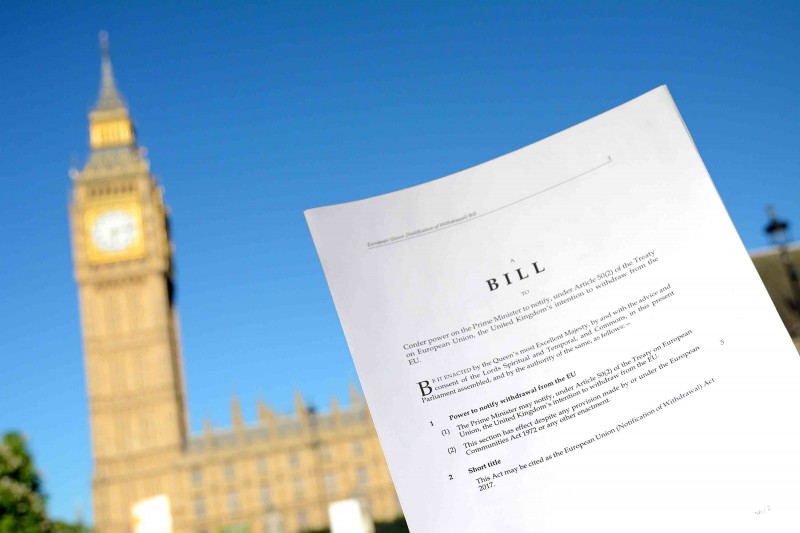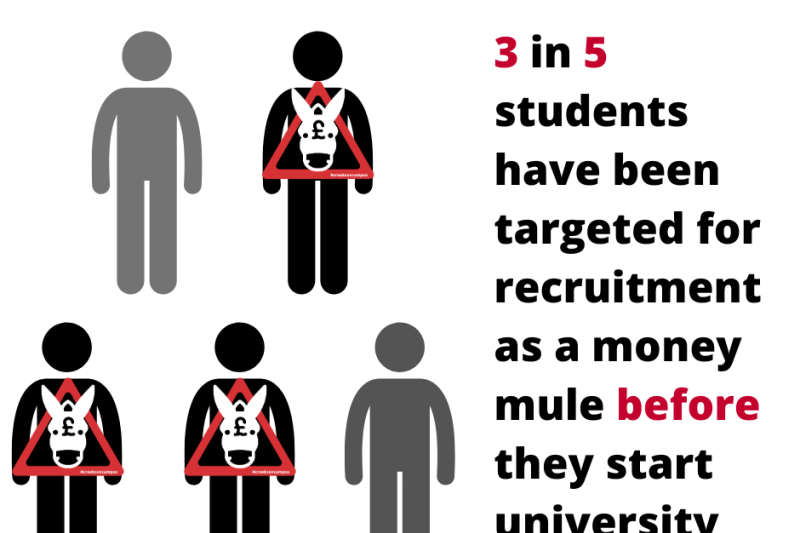
On 29 March 2017, the Prime Minister gave formal notice that the UK intends to leave the European Union.
This has raised some questions about what this means for current and future students at Bournemouth University, which we answer here.
What is the process?
The process is referred to as the “Article 50” process, after the section in EU law that allows countries to leave the EU. Article 50 says that, unless a different agreement is reached, the time limit for leaving the EU once formal notice is given is 2 years. That means we expect that the UK will leave the EU by the end of March 2019 at the latest.
The UK government will be negotiating the arrangements for the UK to leave the EU, including arrangements for the UK’s relationship with the EU after March 2019. You can read more about the government’s priorities for the negotiations in its White Paper.
What does this mean for students thinking about studying at BU?
John Vinney, Vice-Chancellor of BU, said, "Our international staff and students, including our EU staff and students, make a vital contribution to BU and our local community. International staff and students, and our partners around the world, are key to our ambition for the fusion of excellent research, engagement with practice and high quality education.
"If you are thinking about joining Bournemouth University, I realise that the national debate around the UK’s plans to leave the EU may make your decision harder. BU has committed to supporting our EU and international students up to and after the date that the UK leaves the EU. Students already with us and those who join us in the future will still receive a whole-hearted welcome from all of us at BU. We want BU to be a vibrant, diverse, inclusive and international community, and we hope that you will explore the options available to you for study at BU.
"There are many questions for the higher education sector in the negotiations that are about to start, and we cannot predict the outcome, but the position of EU students who are already in the UK or planning to join us before March 2019 is a key priority.”
The government have recognised this in the White Paper which states: “The UK will always welcome genuine students and those with the skills and expertise to make our nation better still….. The Government also recognises the important contribution made by students and academics from EU Member States to the UK’s world-class universities. A global UK must also be a country that looks to the future.”
How does this affect EU students starting in the 2017/18 academic year?
If you have applied to one of our undergraduate courses, you will be an EU student paying EU level fees, which are fixed for the duration of your course.
BU has committed not to change fees once you start your course - this applies to undergraduate and postgraduate students.
If you are eligible for access to a UK Government loan scheme, you will have access to those schemes for the duration of your course - this applies to postgraduate as well as undergraduate loans.
Will anything change for current EU students at BU?
Students studying one of our undergraduate courses, will continue to pay EU level fees, which are fixed for the duration of your course, and BU has committed not to change fees once you start your course - this applies to undergraduate and postgraduate students.
If you are eligible for access to a UK Government loan scheme, you will continue to have access to those schemes for the duration of your course – this applies to postgraduate as well as undergraduate loans.
You will not need a work permit to work whilst studying in the UK, while the UK is still an EU member state.
You will not need a visa for your studies, while the UK is still an EU member state.
Can EU students still study in the UK under the Erasmus programme?
Your immigration status has not changed, and you will continue to be eligible for your Erasmus grant until at least as long as we remain a member of the EU. This will remain the case until the Government decides otherwise. Jo Johnson, UK Minister of State for Universities and Science, released a statement saying “The referendum result does not affect students studying in the EU, beneficiaries of Erasmus+ or those considering applying in 2017. The UK’s future access to the Erasmus+ programme will be determined as a part of wider discussions with the EU.”
Can UK students still study in the EU, and other countries, under the Erasmus programme?
Your immigration status has not changed, and you will continue to be eligible for your Erasmus grant until at least as long as we remain a member of the EU. Jo Johnson, UK Minister of State for Universities and Science released a statement saying, “The referendum result does not affect students studying in the EU, beneficiaries of Erasmus+ or those considering applying in 2017. The UK’s future access to the Erasmus+ programme will be determined as a part of wider discussions with the EU. More broadly, existing UK students studying in the EU, and those looking to start in the next academic year, will continue to be subject to current arrangements.”



